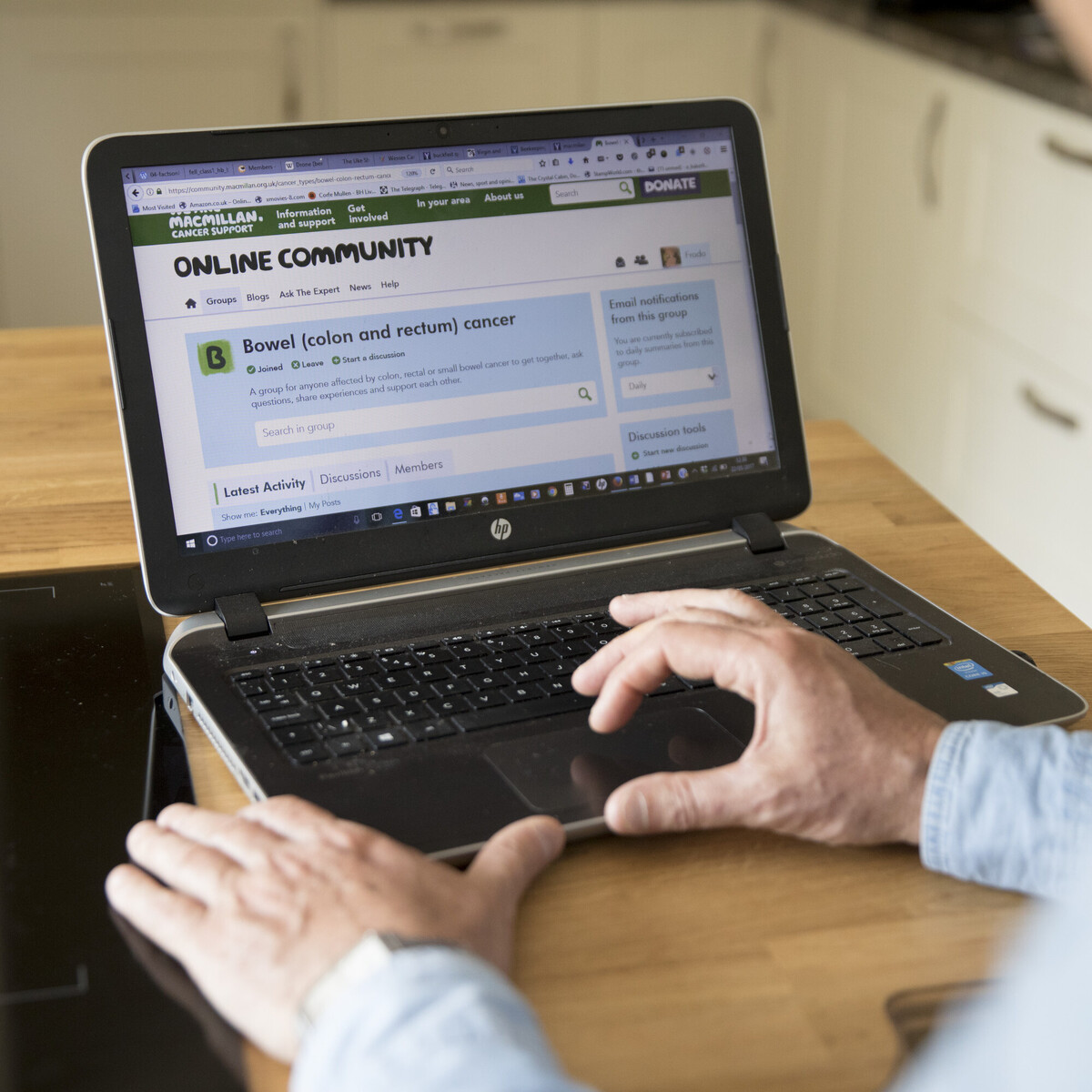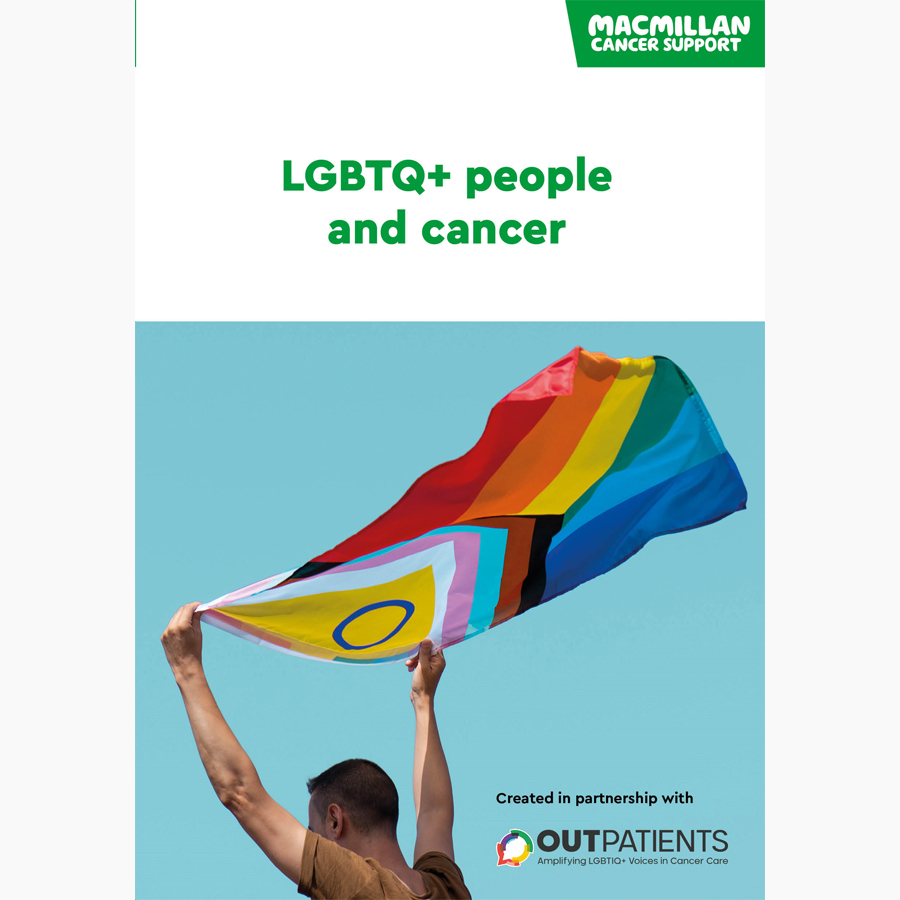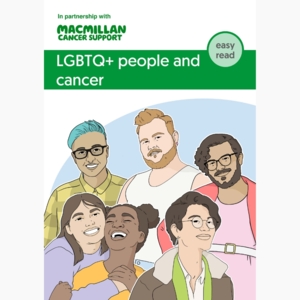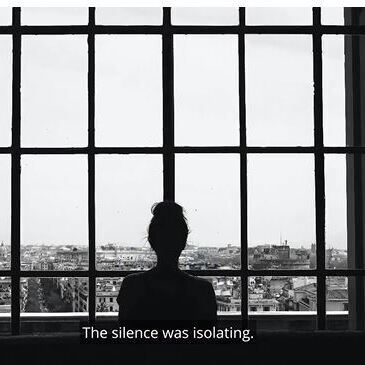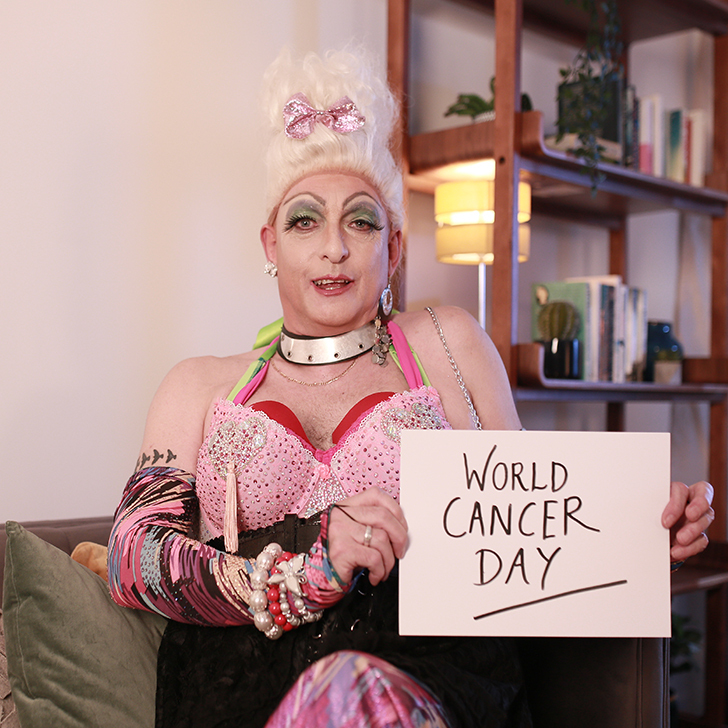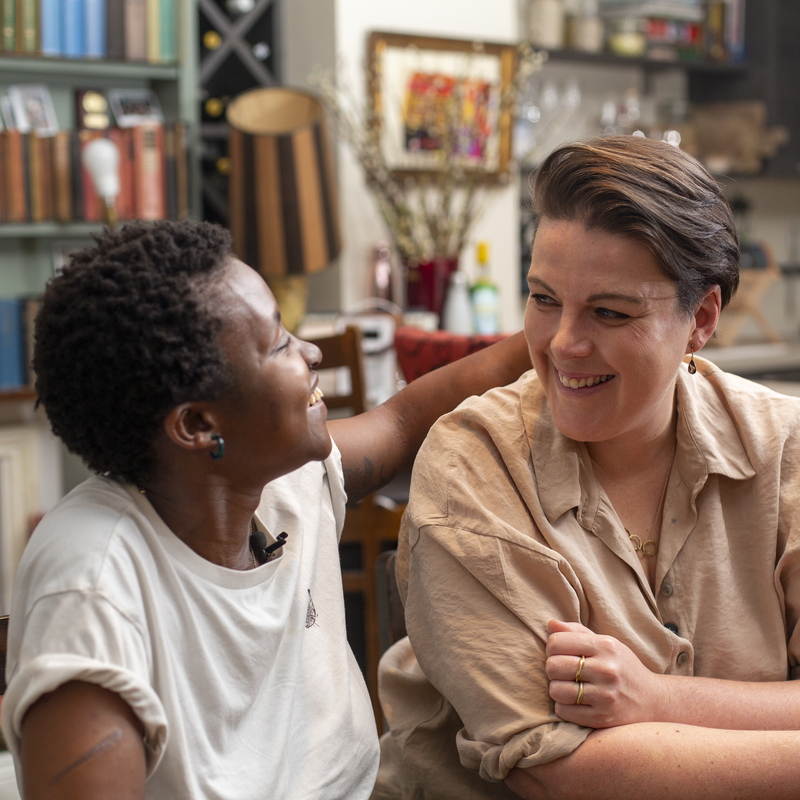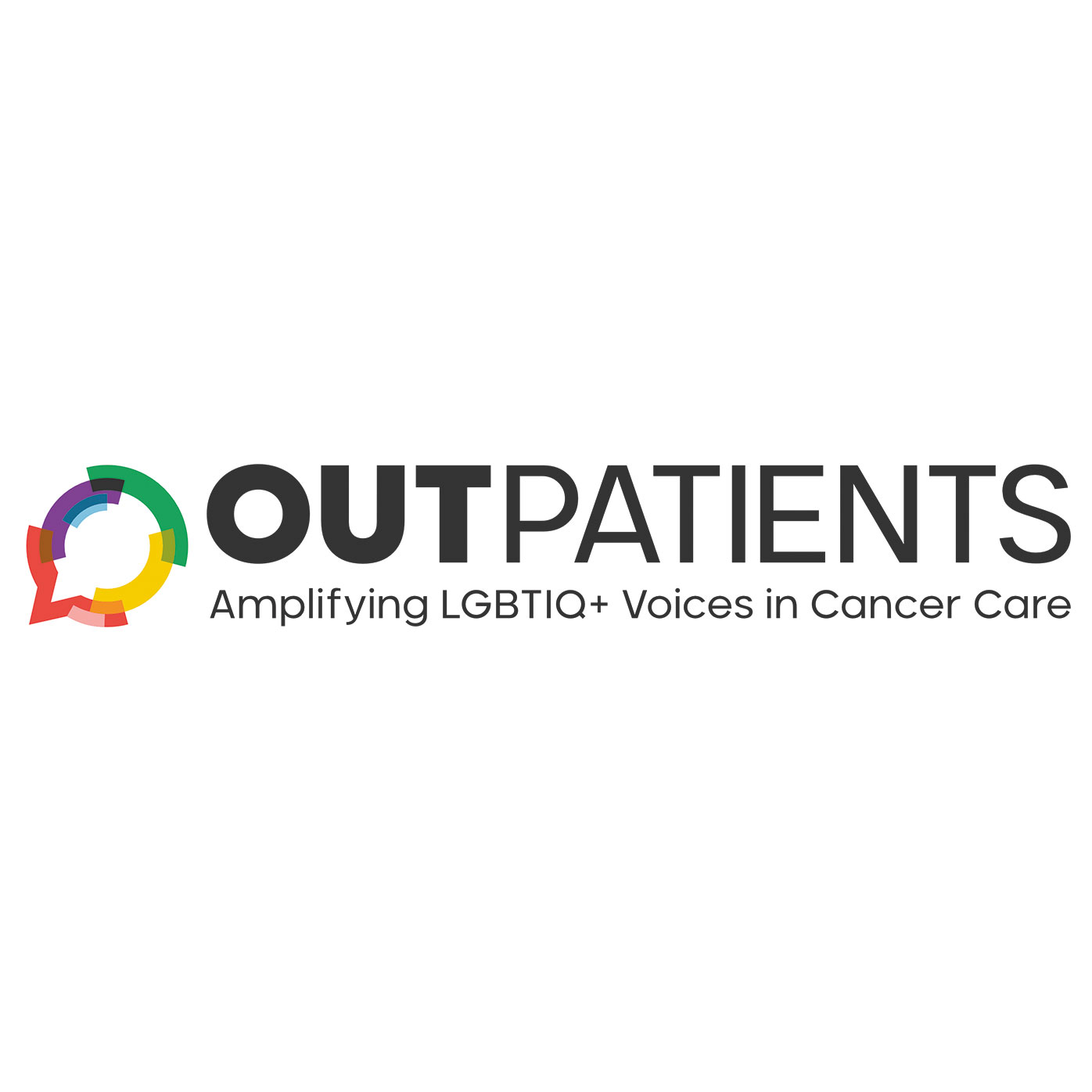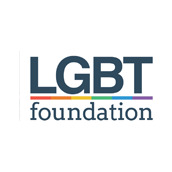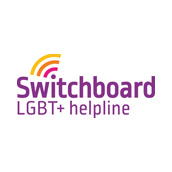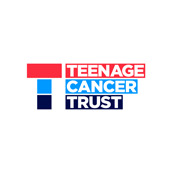Support for LGBTQ+ people affected by cancer
If you are LGBTQ+ and living with cancer, it's important to make sure you get relevant information and support.
Whether you are living with cancer, caring for someone having treatment or you are a healthcare professional, we are here to help you.
Get the information you need about cancer
Our cancer and LGBTQ+ information was developed in partnership with OUTpatients (formerly called Live Through This) – a cancer support and advocacy charity for the LGBTQ+ community.
Cancer screening information
Cancer screening helps by finding and diagnosing cancers at an early stage, or even preventing them.
There can be additional barriers for LGBTQ+ people that make cancer screening more complicated. These include lack of information about who can have screening, not being invited, and gender dysphoria.
Whether or not you have screening is your choice. It is important to understand what’s involved so that you can make an informed decision. We have more information about cancer screening including the NHS breast, bowel and cervical screening programmes.
Breast screening
Breast screening is offered to anyone who is registered as female with their GP, and aged between 50 and 70. If you are over 70, you can self-refer through your GP.
If you are transgender (trans) or non-binary, talk to your GP or practice nurse about breast screening. The NHS breast screening programme only automatically invites people who are registered as female with their GP. Your GP can contact them and arrange for you to be invited for screening.
We have more information for trans and non-binary people. It includes information about having tests and treatment, and getting support.
Learn more about breast screening from the organisations below:
Cervical screening
Cervical screening is offered to anyone who is registered as female with their GP, and aged between 25 and 64. If you are lesbian you may have been advised that you don't need screening. However, all individuals who have a cervix aged 25 to 64 should consider going for regular cervical screening tests.
If you are a transgender (trans) man or non-binary person and have a cervix, you should have screening too. The NHS cervical screening programme only automatically invites people who are registered as female with their GP. Your GP can arrange for you to be invited for screening.
You will usually be offered a smear test every 3 to 5 years. At the moment, how often you are invited for a smear test depends on which country in the UK you live in. It is always best to check for the most up-to-date information in your area.
Our cervical screening information provides more details about screening and why it is recommended. We have more information for trans and non-binary people. It includes content about having tests and treatment and getting support. If you have any questions about your cervical screening invites, you could also talk to your GP, practice nurse or local sexual health service.A walk-through of cervical screening at the trans-led clinic, CliniQ
Watch the video below from My Cervix My Service for an explanation on what happens during a cervical screening at this trans specific clinic. This can help you prepare for your appointment and answer practical questions you might have about screening as experiences will vary in standard NHS clinics.
You can watch the video with subtitles by clicking on the settings cog on the right hand side of the screen and selecting 'subtitles / CC'.
Learn more about cervical screening from the organisations below:
Cancer stories
Watch and read stories from LGBTQ+ people affected by cancer. Trigger warning: these stories have strong emotional content.
Information to help you whatever you're going through
LGBTQ+ resources for healthcare professionals
Education can help bridge the gap for healthcare professionals to understand the unique needs of LGBTQ+ patients and encourage inclusion.
Improving cancer care for the LGBTQ+ community
Everyone should get the best cancer care, no matter what
Although sexual orientation and gender identity should not affect your access to the right healthcare, we know that sometimes LGBTQ+ people may face extra challenges in getting the right help.
If feel you or someone you know is being treated unfairly or being discriminated against, read our information about being LGBTQ+ and getting the right support.
Other organisations that can help
About our information
Working in collaboration
This webpage was produced in consultation with Macmillan’s LGBTQIA+ staff network. Learn more about how Macmillan are working on building an inclusive organisation.
If you have any comments or suggestions about this page, please email feedback@macmillan.org.uk.
The language we use
We want everyone affected by cancer to feel our information is written for them.
We want our information to be as clear as possible. To do this, we try to:
- use plain English
- explain medical words
- use short sentences
- use illustrations to explain text
- structure the information clearly
- make sure important points are clear.
We use gender-inclusive language and talk to our readers as ‘you’ so that everyone feels included. Where clinically necessary we use the terms ‘men’ and ‘women’ or ‘male’ and ‘female’. For example, we do so when talking about parts of the body or mentioning statistics or research about who is affected.
You can read more about how we produce our information here.
What does LGBTQ+ stand for?
LGBTQ+ stands for lesbian, gay, bisexual, transgender and queer. Sometimes it is written as LGBTQIA+.
The plus (+) includes any romantic or physical attraction other than heterosexual, and any gender identity other than cisgender.
Cisgender is a term for someone who identifies as the same gender they were assigned at birth. For example, someone who was assigned male at birth and identifies as male, is a cisgender man.
You can find more information and definitions on the Stonewall website.
In our information, we link out to external resources that use more binary language. We include it as the information may still be relevant and helpful for LGBTQ+ people.





